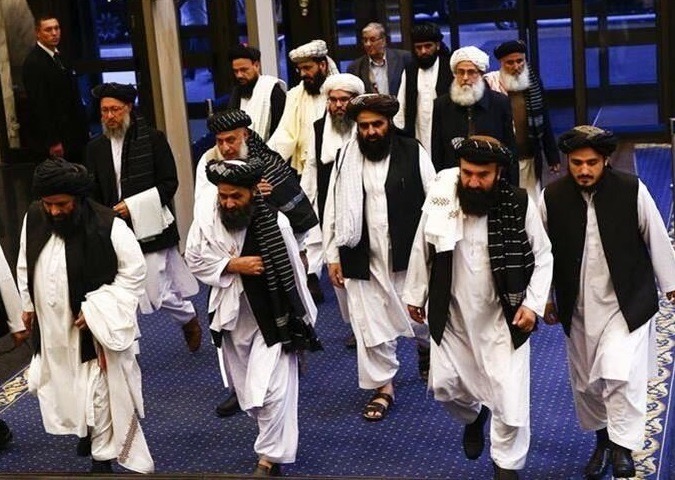Mohammad Reza Asgari Moroodi told the Strategic Council on Foreign Relations that at the present time that American have declared they will exit Afghanistan by September, the Taliban has seized the opportunity to take control of various regions of Afghanistan and topple the central government in Kabul so that it could once again gain the power.
“From the viewpoint of the Taliban Strategic Council and senior members of this groups, the army and security forces of Afghanistan lack necessary capabilities to combat this group. Also, considering that several cities and villages have been taken by the Taliban in recent weeks, and the continuation of this trend in the next days, it seems that the Taliban is making all its efforts to realize the ultimate goal of taking all the soil of Afghanistan and station its military forces in that country.”
He added that the ambience of negotiations which was formed as of September 2020 in Doha tries to convince the Taliban within the framework of the Constitution of Afghanistan to make any efforts to achieve power through elections and public vote. However, basically there is no such view in the Taliban ideology as the Taliban rejects the principle of republicanism and is opposed to any sort of election as a Western achievement.
According to this expert, a model that the government of Afghanistan and the global community are seeking within the framework of the peace talks is to avert Taliban from war and violence and enter them into the cycle of power through a political process. However, he said, as this trend is in total contradiction with the ideology of the Taliban, it will doom.
The expert of Afghanistan issues said that during the pat one year, the Afghanistan’s peace talks in Doha have reached no conclusion and senior Afghan officials have declared on many occasions that in principle issues such as participation in power through elections and referral to the vote of the public have no place in the discourse of the Taliban. Therefore, any negotiation aimed at engaging the Taliban into a democratic cycle will basically fail due to the obstructions created by the Taliban.
“For this reason, under the present conditions, the Taliban has stopped the Doha peace process and is trying to create an ambience in the absence of foreign forces from Afghanistan to take control of all the Afghan soil and ultimately make the central government collapse just like what happened before 2000 when the Taliban took control of Afghanistan.”
Asgari Moroodi said “therefore, the current Taliban has no difference with the Taliban of the two or three decades ago. There is only the point that the Taliban in any period and given the special political, economic and security conditions of Afghanistan has been successful in advancing parts of its goals and programs; however, now under the general conditions in Afghanistan, the Taliban has resorted to a full-out war with the government in Kabul and the main goal of the Taliban is to take control of every single of Afghanistan cities so as to ultimately take full power after the overthrow of the Ashraf Ghani government.”
Asgari Moroodi rejected the idea that the big powers have recognized the Taliban and empowered its forces more than before for operations in Afghanistan, adding that big powers have admitted the Taliban as a force which can play a role within the framework of a peaceful political process and ultimately come into power. The Taliban did not fulfill its commitments under the agreement which was signed in February 2020 between the US and the Taliban on the gradual reduction of the level of violence in Afghanistan and signing of a peace agreement between the Taliban and Afghanistan; this means the violence was not reduced in Afghanistan and the grounds were not prepared for understanding with the government in Kabul to end the war.
He said “therefore, what can be understood from the type of confrontation of the global community and global powers with the Taliban is that the Taliban should stop the war and participate in power only through political means.”










0 Comments